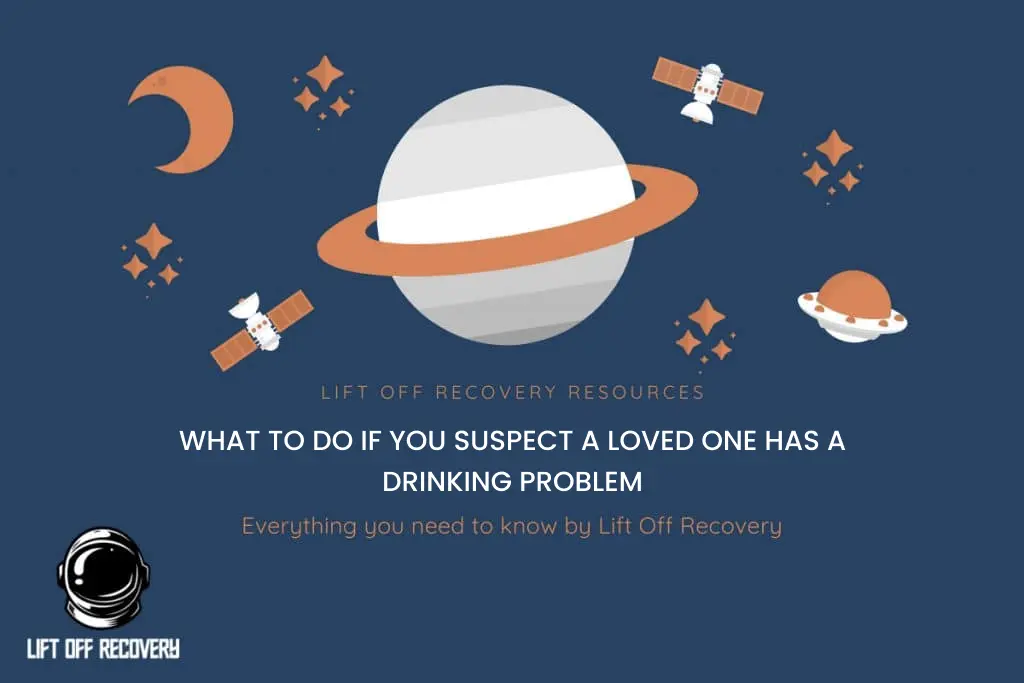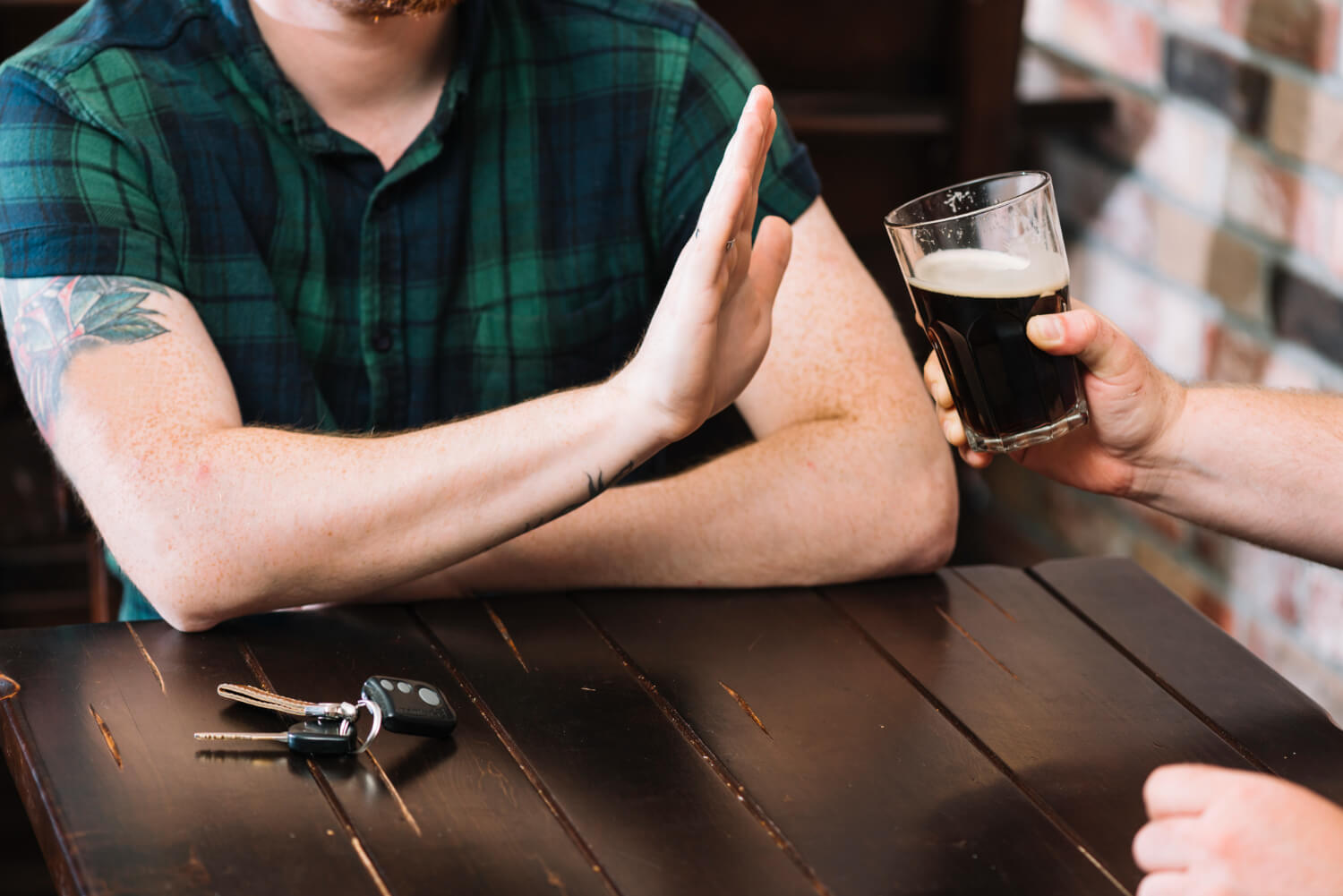What to Do if you Suspect a Loved One Has a Drinking Problem
While recovery takes work, the support of loved ones can be crucial to an individual achieving long-term recovery.
Table of Contents
Alcoholism and problem drinking touch the lives of millions of individuals. Far too often, families of those suffering from an alcohol use disorder are left in the wake of confusion and desperation. Individuals from all walks of life can suffer from an alcohol use disorder – the disease of alcoholism does not discriminate. The disease of alcoholism can occur under any conditions, even in the best of families and homes.1 Alcoholism and problem drinking ultimately affect not only the individual consuming alcohol, but their loved ones as well. Loved ones can begin to suffer serious consequences due to a friend or family member’s drinking problem. Whether the problem drinker in question is a child, parent, spouse, sibling, extended family member, or friend – there are tools available for you to understand the disease of alcoholism and the role loved ones play in recovery.
As an individual’s alcohol consumption worsens over time, their loved ones often feel a wide range of emotions regarding the drinker’s behavior. As an individual who is bothered by a loved one’s alcohol consumption, you may feel frustrated and unsure of how to approach the situation. Understanding some of the signs that your loved one’s drinking has become a problem and how your behavior could enable their alcohol consumption is key to determining how to take action. Just as you are impacted by a person’s active drinking, you can play some role in helping them find sobriety. It can be difficult to know where to start, but we aim to bring clarity and suggestions for supporting your loved one while also supporting yourself. Options are available to loved ones of alcoholics and problem drinkers, and while each situation may feel different – there is hope for recovery and returning to a healthy, happy lifestyle.

Signs of Alcohol Use Disorder or Problem Drinking
Alcohol use disorders affect millions of people across the United States. According to a 2019 study, approximately 14.5 million individuals age 12 and over had an alcohol use disorder.2 Problematic drinking is fairly common among adolescents and adults. However, as a loved one you may be unsure of when a drinker in your life has a real problem with alcohol. Sometimes, individuals may be able to consume alcohol normally or even rarely when they first begin drinking alcohol. In cases where an alcohol use disorder or problem drinking occurs, your loved one’s drinking may have progressed into a drinking problem or alcohol use disorder if you are experiencing distress over their alcohol consumption.
If you are concerned about a loved one’s alcohol consumption, it may be helpful to understand what excessive drinking looks like. Excessive drinking can evolve into problematic drinking or an alcohol use disorder. Based on the standards for alcohol consumption, excessive alcohol use includes binge drinking, heavy drinking, and any drinking by individuals younger than age 21 or pregnant women.
What is Excessive Drinking
- Binge drinking – defined as consuming 4 or more alcoholic beverages per occasion for women, or 5 or more drinks per occasion for men
- Heavy drinking – defined as consuming 8 or more alcoholic beverages per week for women or 15 or more alcoholic beverages per week for men
- Consuming alcohol while under the legal drinking age
- Consuming alcohol while pregnant
Looking further than just the amount of alcohol your loved one is consuming, observations and changes in behaviors can be key indicators as well. Taken individually, a loved one exhibiting one of these behaviors does not necessarily mean that they have a problem with alcohol. However, it is imperative to consider your loved one’s behavior as a whole and sudden changes to behavior that seems out of character.4 If you notice patterns of behavior that are concerning, it may be time to take action by talking to professionals to assist with your loved one’s drinking problem.
Signs Your Loved One May Have a Drinking Problem
- Inability to control the amount of personal alcohol consumption
- Unsuccessful attempts at stopping alcohol consumption or taking a break from drinking
- Spending a lot of time drinking alcohol or finding ways to get alcohol
- Failing to meet responsibilities and obligations at work, home, or school
- Health problems related to alcohol consumption
- Withdrawing from social activities or hobbies
- Consuming alcohol in inappropriate or unsafe situations – such as when swimming or driving
- A noticeable increase in alcohol consumption – both in frequency and quantity
- Experiencing withdrawal symptoms when not consuming alcohol – such as nausea, sweating, and shaking
When in the presence of your loved one, they may show signs of alcohol intoxication or alcohol withdrawal – especially if their drinking behavior has progressed into the category of having an alcohol use disorder. If an individual has misused alcohol for a period of time, they are likely to only further perpetuate an alcohol use disorder.5 Individuals suffering from an alcohol use disorder or alcoholism will likely be in a constant state of either intoxication or withdrawal – meaning that when they are not actively drinking alcohol or have alcohol in their system, they show signs of withdrawal (nausea, sweating, shaking).4 Before deciding to confront your loved one, it is important to also understand how your own personal behavior fits into your loved one’s drinking problem.

Enabling Behavior
As mentioned previously, your loved one’s drinking habits have the ability to negatively impact their family, friends, etc. Both the individual consuming alcohol and loved ones may be living in denial regarding the role alcohol plays in their day-to-day lives.1 While the loved ones of individuals with alcohol use disorder may not suffer from the same problematic drinking behaviors, in many cases they display other behaviors or patterns that can perpetuate a person’s drinking. It is essential to understand that under no circumstances can your own behaviors cause another person’s alcohol use disorder or problem drinking.1
Your loved one’s drinking may cause feelings of anxiety or stress in your day-to-day life. Attempting to manage someone whose drinking has become out of control can begin to feel discouraging. However, examining common enabling behaviors of loved ones can allow the drinker in your life to experience the consequences and hardships associated with their alcohol consumption.
Examples of Enabling Behaviors
- Denial of a loved one’s alcohol consumption or drinking problem
- Consuming alcohol with a loved one who shows signs of having an alcohol use disorder or drinking problem
- Justifying a loved one’s behavior around alcohol based on their life struggles or stage of life
- Keeping feelings to yourself regarding a loved one’s drinking
- Avoiding problems – trying to keep the peace when around your loved one with problematic drinking
- Minimizing the situation and impact that the problem drinker’s behavior has on themselves and other people in their life
- Protecting loved ones from the consequences of their drinking or protecting self-image
- Avoiding the feelings we have about a loved one’s drinking, masking personal anxiety
- Blaming, criticizing, and lecturing the drinker
- Taking over responsibilities so the loved one who is drinking can continue to avoid responsibilities like tasks around the home
- Controlling by attempting to set parameters around your loved one’s lifestyle – such as who they spend time with when they are allowed to leave the house, etc.
- Enduring with the hope that things will become better
If you recognize any enabling behaviors present in your relationship with a problem drinker, there is support available to change behaviors and move forward in the relationship with healthy boundaries. Adjusting enabling behaviors can be crucial in letting a loved one face the consequences of their alcohol use and abuse – which can ultimately lead to acceptance of help.6 If you find that you need help working through your responses and behaviors regarding a loved one’s drinking behavior, you may find it helpful to seek therapy or a support group.

How to Take Care of Yourself
While living with the effects of another person’s alcohol consumption, it is important to remember that your own personal care is essential for your own mental and emotional health. One of the crucial first steps to taking care of yourself in this process is identifying enabling behaviors and working towards correcting them. Working with a professional through therapy or using a support group can assist with building confidence to set appropriate boundaries with your loved one.1 Through expressing your concerns and feelings about another person’s drinking with someone you trust or peers who have similar experiences, you can release some of the shame and stigma that comes from problematic drinking.1 Part of taking care of your own health and wellness may be directly addressing your loved one’s alcohol consumption. In some cases, you may need temporary removal from your loved one to find your own peace – this can happen when your loved one is receiving treatment of their own.

How to Take Action
For loved ones that choose to help their loved one with a drinking problem, it can be confusing where to start. If you choose to confront your loved one, they may not react positively or how you would like them to. Your loved one may not be open to receiving help for their alcohol consumption right away. If this is the case, you can take action by adjusting your enabling behaviors and working on setting appropriate boundaries with your loved one.
In some cases, it may be helpful to plan with other loved ones on how to confront the problem drinker and urge them to seek treatment. This type of intervention typically works best when guided by a trained and experienced professional. With the right guidance and approaching the situation in a loving yet firm manner, the problem drinker may be more open to seeking help for their alcohol use or abuse.1 Ultimately, the choice will be left up to the problem drinker – but having resources available and contact with a professional can ensure that your loved one receives the appropriate treatment. If you are dealing with a child who is still a minor, minors can receive treatment at their parent’s discretion – there are typically specialized treatment programs for minors.
Working with a medical professional or trained expert on treatment for alcohol use disorders will be essential in finding the best treatment for your loved one. Typically, the most effective behavioral health treatment will involve a combination of counseling and medication.7 However, it is important to understand that treatment is not always one-size-fits-all. Treatment should be specified to address the needs and symptoms that the problem drinker is experiencing. While early treatment is always encouraged, treatment solutions are available at most stages of an alcohol use disorder. Contacting a medical professional or treatment provider is the first step you and your loved one can take to determine what treatment is available and recommended for your specific situation.
References
- United States Department of Health & Human Services Substance Abuse and Mental Health Services. (n.d.). Alcohol and drug addiction happens in the best of families. Retrieved from https://store.samhsa.gov/sites/default/files/SAMHSA_Digital_Download/phd1112.pdf
- National Institute on Alcohol Abuse and Alcoholism. (n.d.). Alcohol facts and statistics. Retrieved from https://www.niaaa.nih.gov/publications/brochures-and-fact-sheets/alcohol-facts-and-statistics
- Centers for Disease Control and Prevention. (n.d.). Alcohol use and your health. Retrieved from https://www.cdc.gov/alcohol/fact-sheets/alcohol-use.htm
- Mayo Clinic. (n.d.). Alcohol use disorder. Retrieved from https://www.mayoclinic.org/diseases-conditions/alcohol-use-disorder/symptoms-causes/syc-20369243
- National Institute on Alcohol Abuse and Alcoholism. (n.d.). Understanding alcohol use disorder. Retrieved from https://www.niaaa.nih.gov/publications/brochures-and-fact-sheets/understanding-alcohol-use-disorder
- University of Pennsylvania Health System. (n.d.). Stairway to recovery: Enabling behaviors. Retrieved from http://www.uphs.upenn.edu/addiction/berman/family/enabling.html
- United States Department of Health & Human Services Substance Abuse and Mental Health Services. (n.d.). Behavioral health treatment and services. Retrieved from https://www.samhsa.gov/find-help/treatment
How to Support Your Loved One’s Path to Recovery
The path to recovery for individuals with alcohol use disorder can be long and seem daunting to loved ones. Loved ones of problem drinkers may find that they start to feel hopeless about the problem drinker finding recovery and sobriety. While recovery takes work, the support of loved ones can be crucial to an individual achieving long-term recovery. As mentioned previously, you are not responsible for another person’s recovery from an alcohol use disorder. However, providing a healthy support system for the problem drinker in the early stages of recovery can be crucial for their success. We know that alcohol use and abuse affect more than just the person drinking – impacting the lives of loved ones as well. The whole family may need to seek their own recovery to process and manage the situation. While the path to long-term recovery may seem daunting, there is hope. Many families and loved ones have found a treatment that works and can rebuild healthy relationships – the first step is reaching out to professionals who can help.
FILL THE FORM BELOW
The Journey Begins
CONTACT LIFT OFF RECOVERY TODAY FOR DETOX AND ADDICTION TREATMENT IN ORANGE COUNTY, CALIFORNIA!
Take the first step and contact us today. Our admissions specialists are ready to help you get the care you need. We can help you figure out how to pay for treatment and what level of care is right for you.
- Insurance Accepted
- Friendly Staff
- Years of Experience
